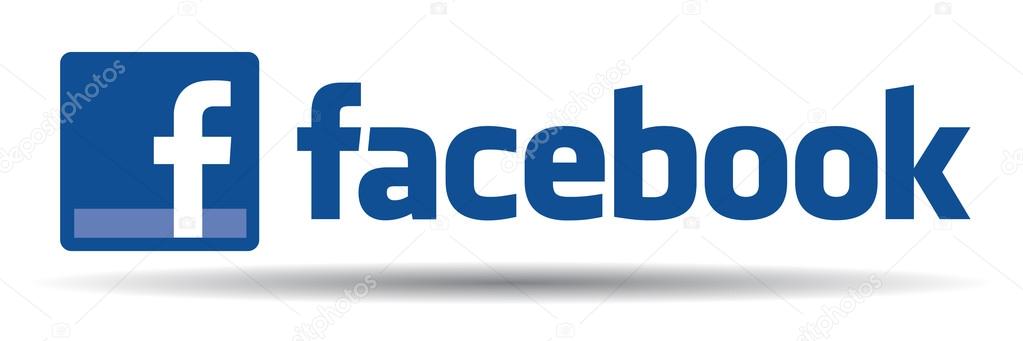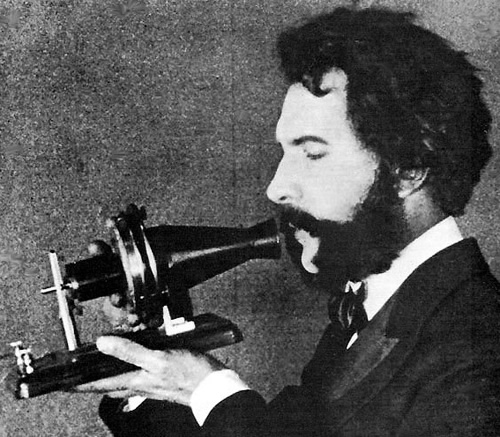Facebook was first founded in 2004 by Harvard students Mark Zuckerberg, Eduardo Saverin, Dustin Moskovitz, and Chris Hughes. It grew to be popular very quickly in 2012 when it hit 1 billion users and became the largest social media platform in the world. The original plan for Facebook was sought out for college students to rate the attractiveness of their peers but later resulted in violations of student policy. Later on, Facebook was then known as a platform to post and share updates about their lives and a way for friends to know what we are up to. By the end of 2004, Facebook had over a million users. Now Facebook enables us to connect all over the world as well as generating advertisements for political campaigns, donations to charities as well as news updates on things happening in the world. It is a free app for anyone to use now starting at the age of 13. It is the fastest growing social media site and is mostly used by young adults and adults with children.





